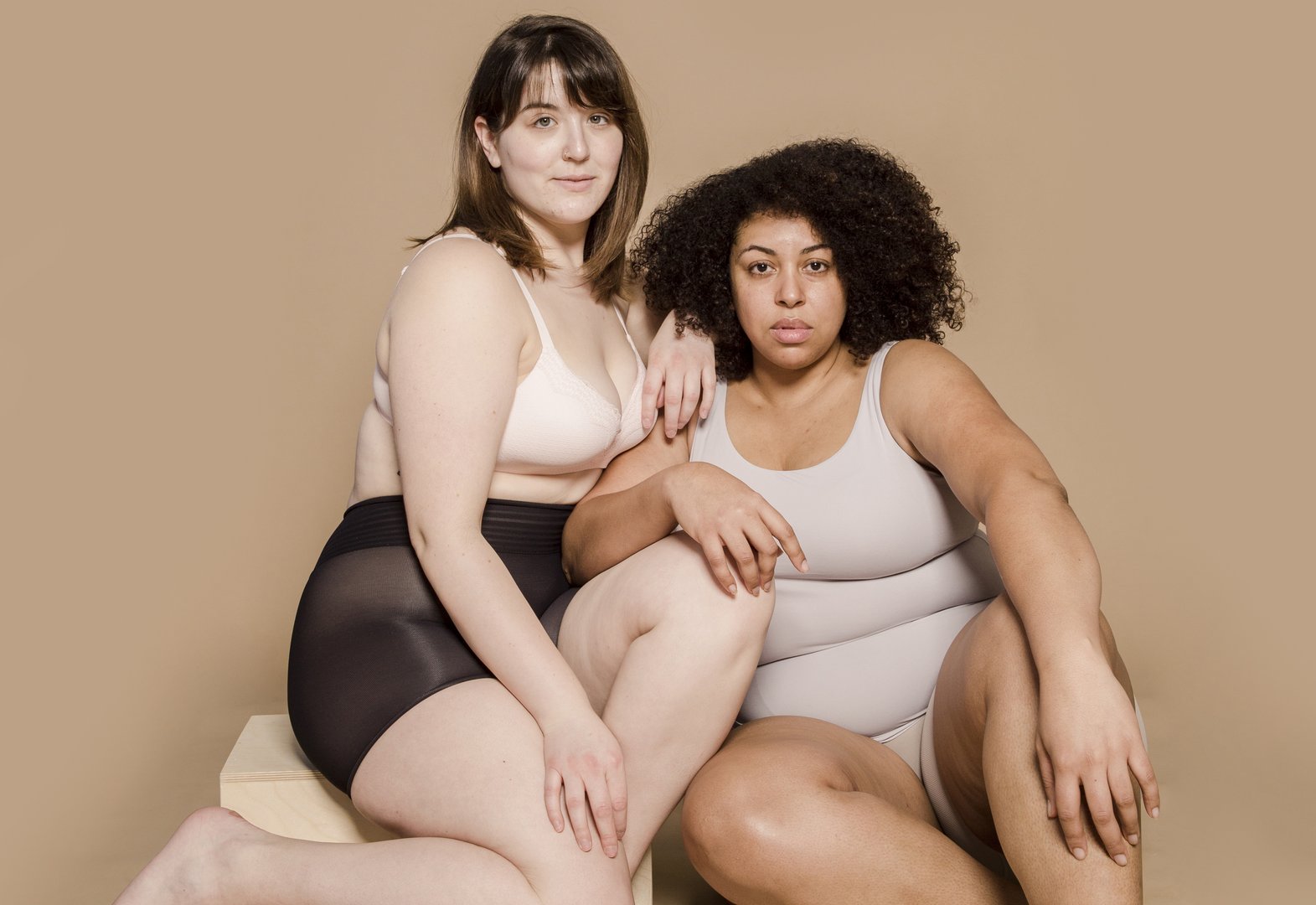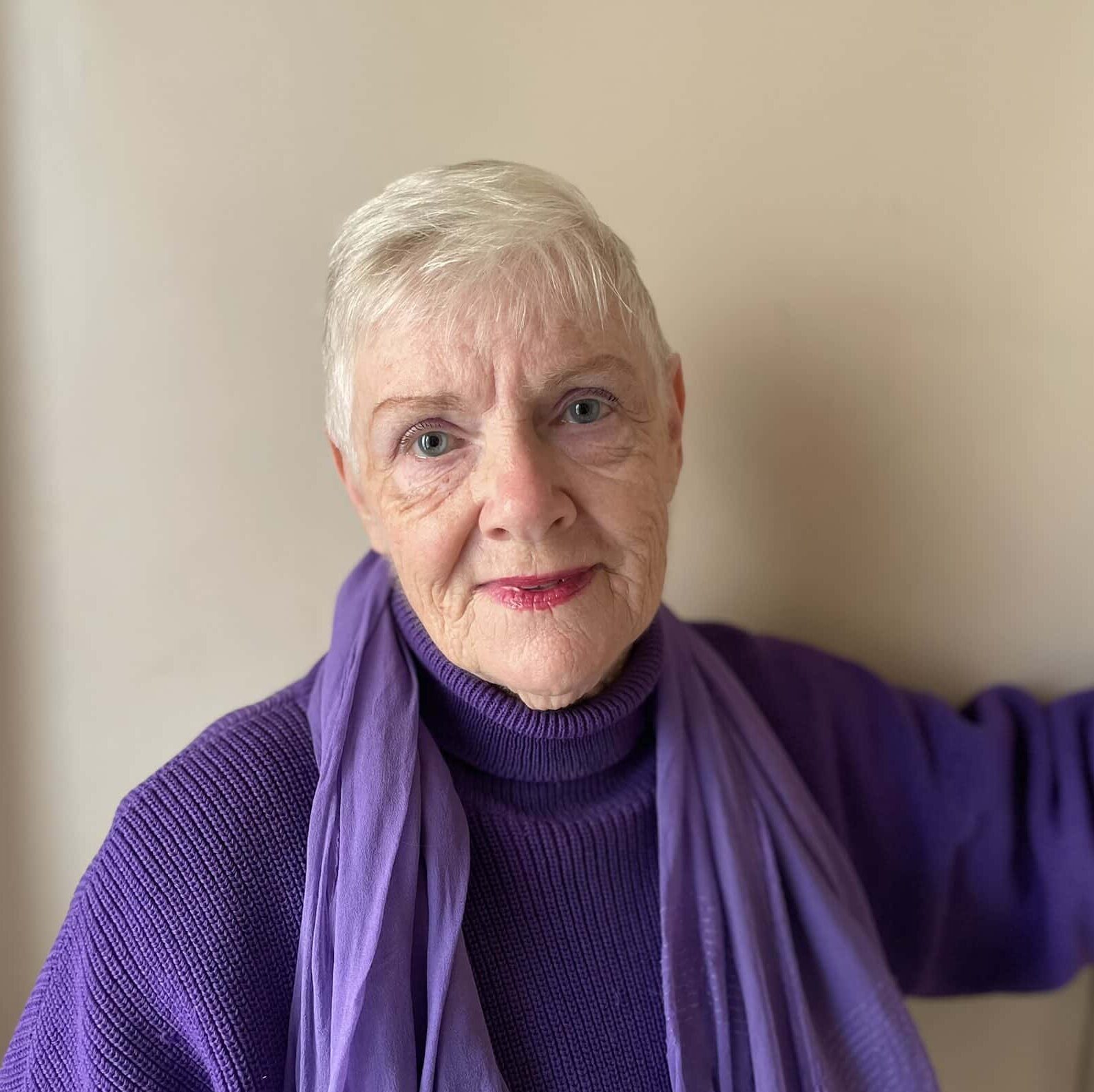THE WAY THINGS ARE
Weight is a constant in the lives of people who don’t conform to what experts and beauty addicts maintain is the correct number of kilos. Medical input on weight is important, being overweight can affect health. Commentators on social media, in magazines etc, who promote that to be beautifully acceptable, a woman has to be skin and bone, need to be ignored.
Choice of eating too much for some plays a role in how much we load onto our frames. For others, genetic factors dictate how we look. Those who are overweight face open or implied criticism because it is perceived they are food-indulgent. Some people are obese because they place no restrictions on themselves when it comes to the pleasure and comfort we know food can bring. Others, like a friend of mine, a highly disciplined, stout lady with a weak heart dieted all her adult life. Yet no matter how she cut back on delights she loved, she could only keep a few kilos at bay: inherited body shape, not greed.
Neither does being big mean a woman can’t find a nice man. Two ladies I know, capable, energetic, good-humoured and of generous proportions, are both are married to slim, handsome men who think the world of them. In these instances, the ladies not only have a surplus of inherited weight but also a surplus of personality and intelligence.
One told me of an experience in a traffic jam. She was stalled in a line of bad-tempered drivers when an accident held them up. She had got out of her car briefly to see how far ahead the line was stuck when a man behind her yelled, ‘Move it, Pashurta (Fatso), I can’t see, you’re in the way!’ He did not expect what was coming. Seeing that it was safe to approach him, there was no sign that the cars would move, she calmly walked back to him, stood hands on hips and said, ‘Repeat that, vlakas (idiot)!’ He closed the car window and pretended he couldn’t see her.
But it hurt, she said, for someone like that mannerless dope to feel superior enough to pointlessly insult her. ‘He was taking his road rage out on me.’ She had felt good that evening on her way to a friend’s birthday party, dad taking care of kids, had done her lovely hair, made up her face, put on a new outfit, felt she looked great and he had killed her mood.
At the party, the other gave her some advice. ‘My mother taught me not to absorb comments like that or allow anyone to make me feel inferior.’ She had been a plump teen at school, cried to her mother that the pretty, slim girls were always more popular. Her mother had been through the same and told her that some of the pretty ones think looks and style are enough to get them through life and it isn’t always so. She encouraged her girl to take up judo, to attend dance lessons, to be interested in life around her explaining that ‘Being able to talk to people about their interests ahead of your own, worked for me.’
It worked for her daughter. Contact sport and dance helped her weight and gave her confidence in herself within a group of mixed peers. Her Judo skills made uncouth lads wary of being rude to her about her size after a display of her martial arts ability, invited by a sneering bully, literally put him in his place. In time, rather than leaving the popular girls to chat with the boys and taking a shy step back as though she were less, she found courage to engage and worked on her personality.
‘And the other thing Mom told me was, if you don’t love yourself, how can you expect the universe to love you?’ They agreed that often the person trying to put someone down, by a body shaming remark or a racist one, may be projecting elsewhere their own hidden inadequacies and were not worth getting depressed over. The universe of equality belongs to everyone.







Click here to change your cookie preferences